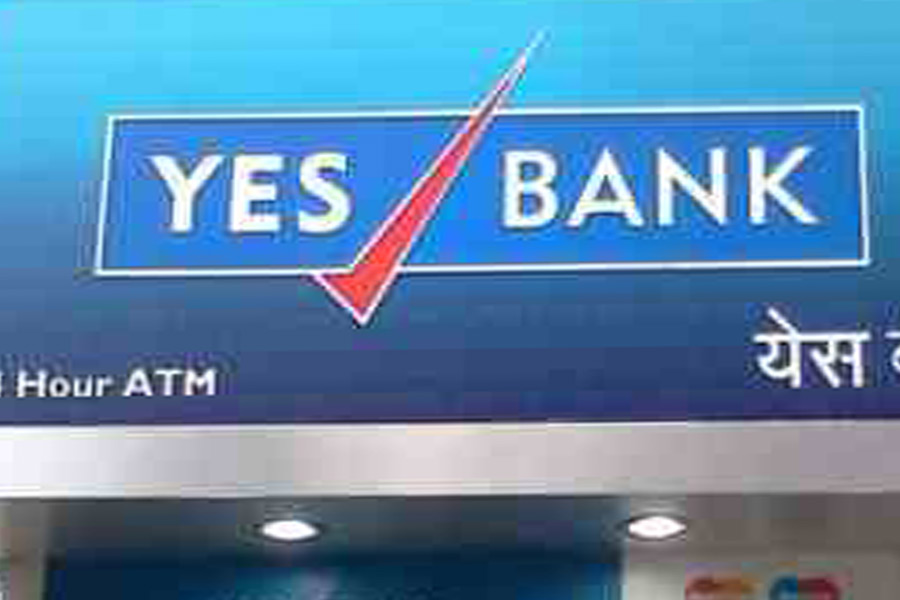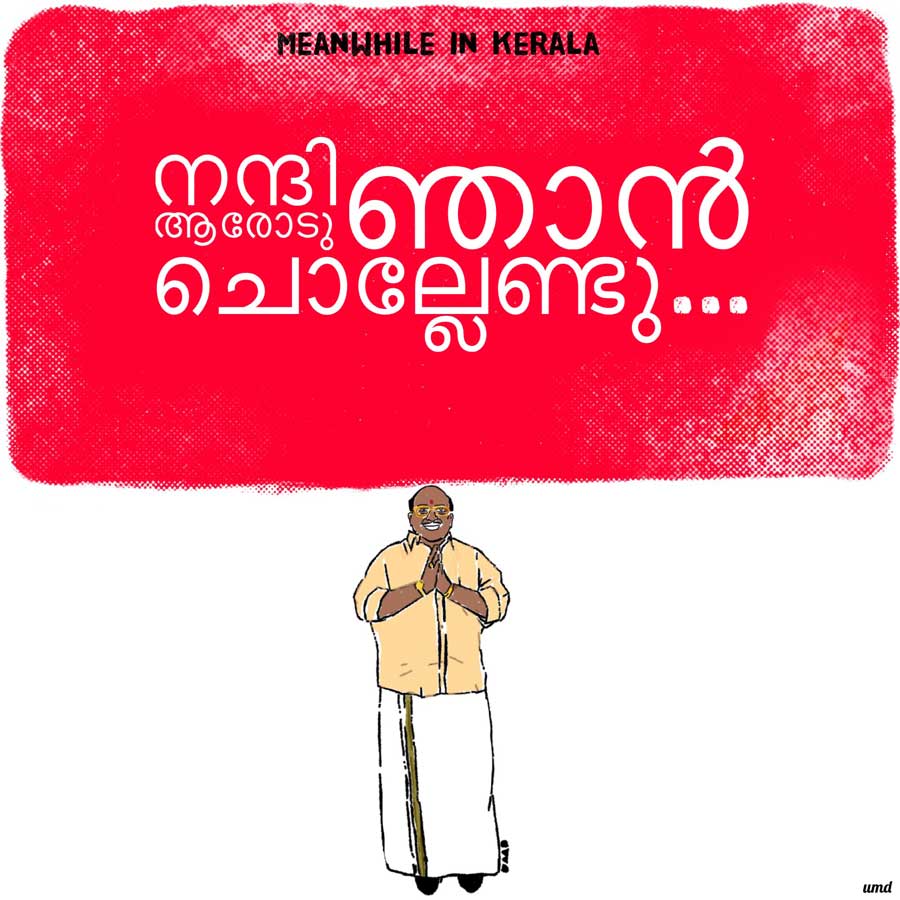Yes Bank has overnight become a No Bank. The pun perfectly sums up the mess in the Indian banking sector. Rahul Gandhi was quick to use it to attack the government’s cluelessness. Media houses followed suit using it left, right and centre. So much so that it has already become a distasteful cliché, one created possibly in the shortest period of time.
“No Yes Bank. Modi and his ideas have destroyed India’s economy,” Rahul Gandhi tweeted, refusing to let go of another opportunity to have a dig at the Prime Minister.
The scenes around Yes Bank branches and ATMs are desperate. Depositors have been besieging branches and ATMs from Friday morning, as the RBI imposed a Rs 50,000 cap on withdrawals. Wailing customers seeking to withdraw their life’s savings meant for treatment of family members, marriage of wards, admission to higher education institutions, house building present a monotonous, yet heart-renting picture: similar to the one witnessed during Narendra Modi’s ill-advised and misdirected demonetisation, a blunder of Himalayan proportions.
Finance Minister, Nirmala Sitharaman, has assured depositors that their money is safe and she is constantly in touch with the RBI. But that is precisely the reason for worry. The Finance Minister has been saying many things about the state of the economy, but most of them had very little connection with reality. Her assurances have generally been found less than convincing and much less reassuring.
On her part, she is clear that Yes Bank-No Bank did not happen overnight and that it has not caught her and her government unawares. And then she is quickly back to her favourite theme of blaming the UPA for anything that is not good for the banking sector or the economy.
“Not that I want to put a blame on them, but I have reason to do so,” Nirmala Sitharaman told reporters. Her response to economic problems has also become a highly repulsive cliché.
According to her, the Indian banking sector had faced ‘several challenges’ because of the way the previous Congress-led government had handled matters in the 10 years it ruled between 2004 and 2014.
Nirmala Sitharaman’s typical response may give her a bit of Dutch courage, but that is not going to solve the problem of the unfortunate victims of Yes Bank recklessness or the troubles of the banking sector. People will simply lose confidence in the system. It is doubtful if her reassurances have had any positive impact on the hassled customers, who continue to lament about their fate.
Modi’s demonetisation had in one stroke destroyed much of people’s confidence in the country’s monetary management regime and the regulatory mechanism under the RBI, although the apex bank had virtually no role in that Tuglaqian decision. But the very fact that such an earth-shaking move could be undertaken without the involvement of RBI is enough to destroy the regulator’s credibility.
People are slowly getting disenchanted with the central bank’s ability to be in control of the management of monetary system and safeguard the interests of the ordinary banking customers. That is the worst thing that can happen to a regulatory mechanism.
It is such a failure that it prompts the look-around for an alternative system of monetary management, which will be fairer to all the stakeholders, transparent and fail-proof.
Decentralised transaction management and the elimination of central banks appear increasingly plausible in view of the advances in the Blockchain technology. Although we heard about Blockchain only in relations to cryptocurrencies, the last thing any central bank would like to endorse before its own impending denouement, it is increasingly becoming clear that the technology is here for the long haul.
It is also heartening that opposition to cryptocurrencies is becoming less strident than it used to be, for instance, a year ago. Earlier this week, the Supreme Court in a landmark judgment, lifted the curbs imposed by the Reserve Bank of India on regulated entities such as banks and NBFCs from dealing with virtual currencies and from providing services to crypto businesses.
The court held that the RBI’s circular, which prevented regulated entities from providing banking services to those engaged in the trading or facilitating the trading in VCs, was liable to be set aside on the ‘ground of proportionality’.
‘When the consistent stand of RBI is that they have not banned VCs and when the Government of India is unable to take a call despite several committees coming up with several proposals including two draft bills, both of which advocated exactly opposite positions, it is not possible for us to hold that the impugned measure is proportionate’, the court observed.
The RBI issued a circular in April 2018 banning regulated financial institutions from providing services to crypto businesses. The banks had subsequently closed the accounts of crypto exchanges and companies dealing with virtual currencies.
By arrangement with IPA







